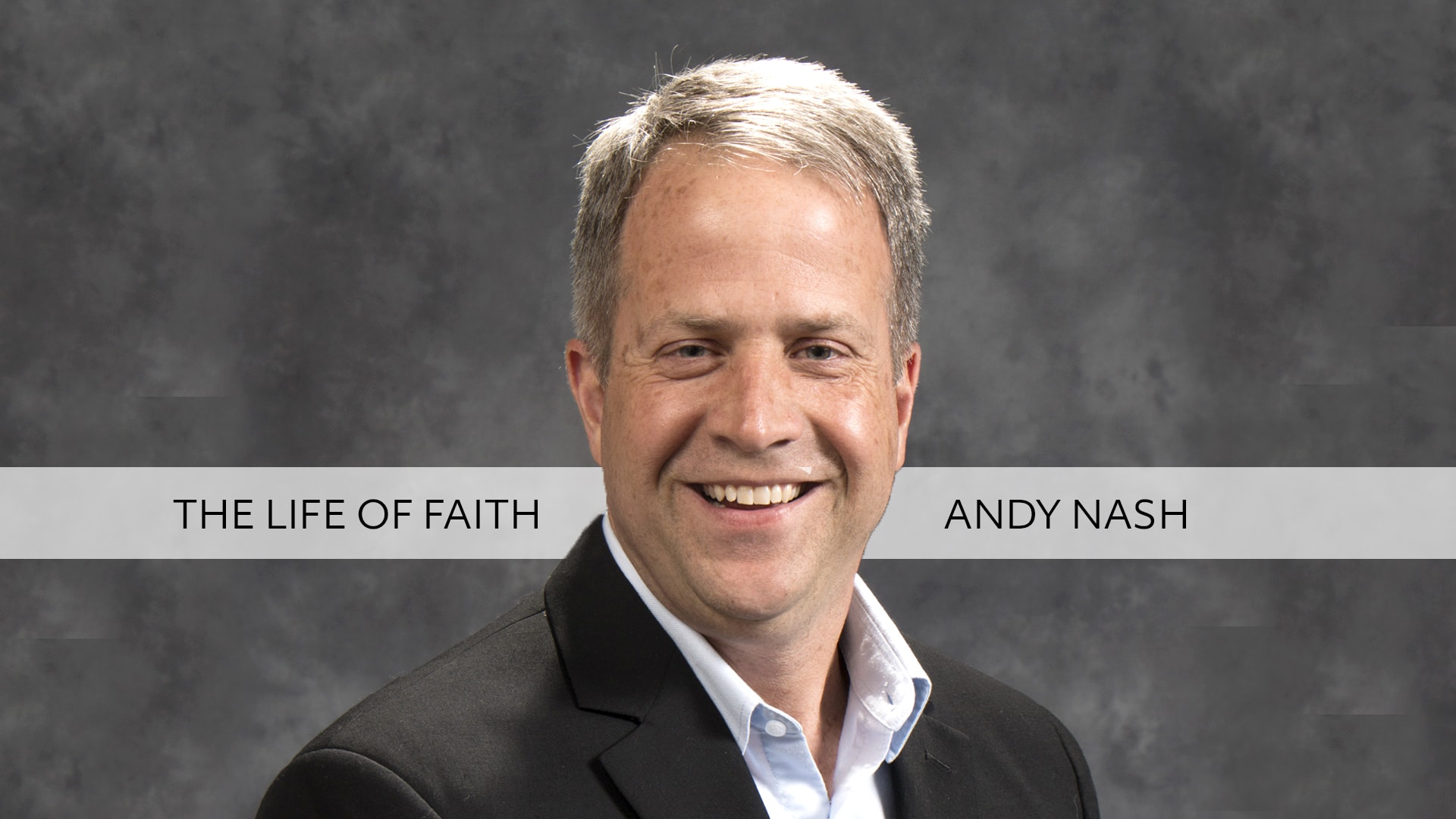
Was there not enough time in a five-hour Passion Play about Christ to portray the resurrection of Christ?
This was one of many questions I carried into the Bavarian night air following a June 29 performance of the 2022 Oberammergau Passion Play.
Held once per decade (but delayed this time from 2020), the world-famous play is rooted in a 1633 plague that ravaged the small German village. Praying to God to be spared further death, the citizenry promised “to perform the suffering, death, and resurrection of Christ every tenth year in so far as no one was to die of the plague anymore.”1 This year alone, Oberammergau will draw 450,000 visitors: an enormous opportunity for sacred influence.
This year’s version of the Oberammergau Passion Play lasts more than five hours with a cast of 2,000. With beautiful sets, powerful choir music, and gifted actors, the play focuses heavily on the humanity of Jesus: His compassionate heart, His teachings about kindness and social justice, and most of all His sufferings—culminating in an extended and agonizing crucifixion scene.
Yet the Passion Play’s newest script (which the playbook described as constantly changing, even during rehearsals) takes concerning steps further and further from the historic script—and from Scripture itself. The 2022 version of the Oberammergau Passion Play is much more than creative license; it’s destructive license that raises questions about whether the village’s promise of 1633 is still truly being kept, in both spirit and truth.
1. The 2022 play opens with the Sadducee high priests Caiaphas and Annas arguing with Jesus about Sabbathbreaking and the traditions of the elders. In the Gospels, these are obviously Pharisee arguments. It’s an immediate red flag; are the writers this cavalier or simply uninformed? Ironically, Caiaphas accuses Jesus of twisting the words of Scripture to His purpose, when in reality it was Jesus who told the secular, political Sadducees that they knew “neither the scriptures nor the power of God” (Matt. 22:29, ESV).2
2. Still within the early minutes of the play, we hear the following dialog in sequence: Joseph of Arimathea says, “Rabbi, we know You are a great teacher” (which Nicodemus actually said); Judas responds, “He speaks, but you do not accept His testimony” (which Jesus actually said); Nicodemus responds, “Are You the One we have been waiting for?” (which John the Baptist actually said); Peter responds, “Go and report what you hear and see: The blind can see, the lame walk . . .” (which Jesus actually said). Within this same section, Jesus says, “When I am weak, then I am strong” (which Paul actually said—about his personal need for grace). This troubling pattern of scriptural revision continues throughout the five-hour play.
3. During the interrogations of Jesus, Herod Antipas attempts to talk Pontius Pilate into releasing Jesus. The ridiculousness of this exchange is beyond comprehension. Herod describes Jesus as “a simpleminded person and completely incapable of the crimes that you are accusing Him of. If He did or said something that is against the law, He did so because of His naivete.” When Pilate pushes back, Herod responds: “Just let Him go!”
4. There is no visible resurrection of Jesus in this year’s Passion Play, as there used to be. The tomb itself is not depicted, nor a victorious Christ emerging from the tomb; instead, only the women being told by an angel figure that Jesus has been resurrected—and Mary proclaiming that she believes. That’s it. The playbook explains the contemporary decision to move away from the visible resurrection of Jesus: “The final scene of the play emphasizes the theological principle: the resurrection is a ‘mystery of faith.’”
The problem with this explanation is that the Gospels themselves don’t present the Resurrection as a mystery of faith, but as a historical event.
The other problem is that long ago, in 1633, the villagers of Oberammergau promised “to perform the suffering, death, and resurrection of Christ.” Are the modern villagers of Oberammergau ready to return to that promise in 2030?
1 passionsspiele-oberammergau.de/en
2 Scripture quotations marked ESV are from The Holy Bible, English Standard Version, copyright © 2001 by Crossway Bibles, a division of Good News Publishers. Used by permission. All rights reserved.
Andy Nash ([email protected]) is an Adventist author and professor who leads biblical tours for all ages.